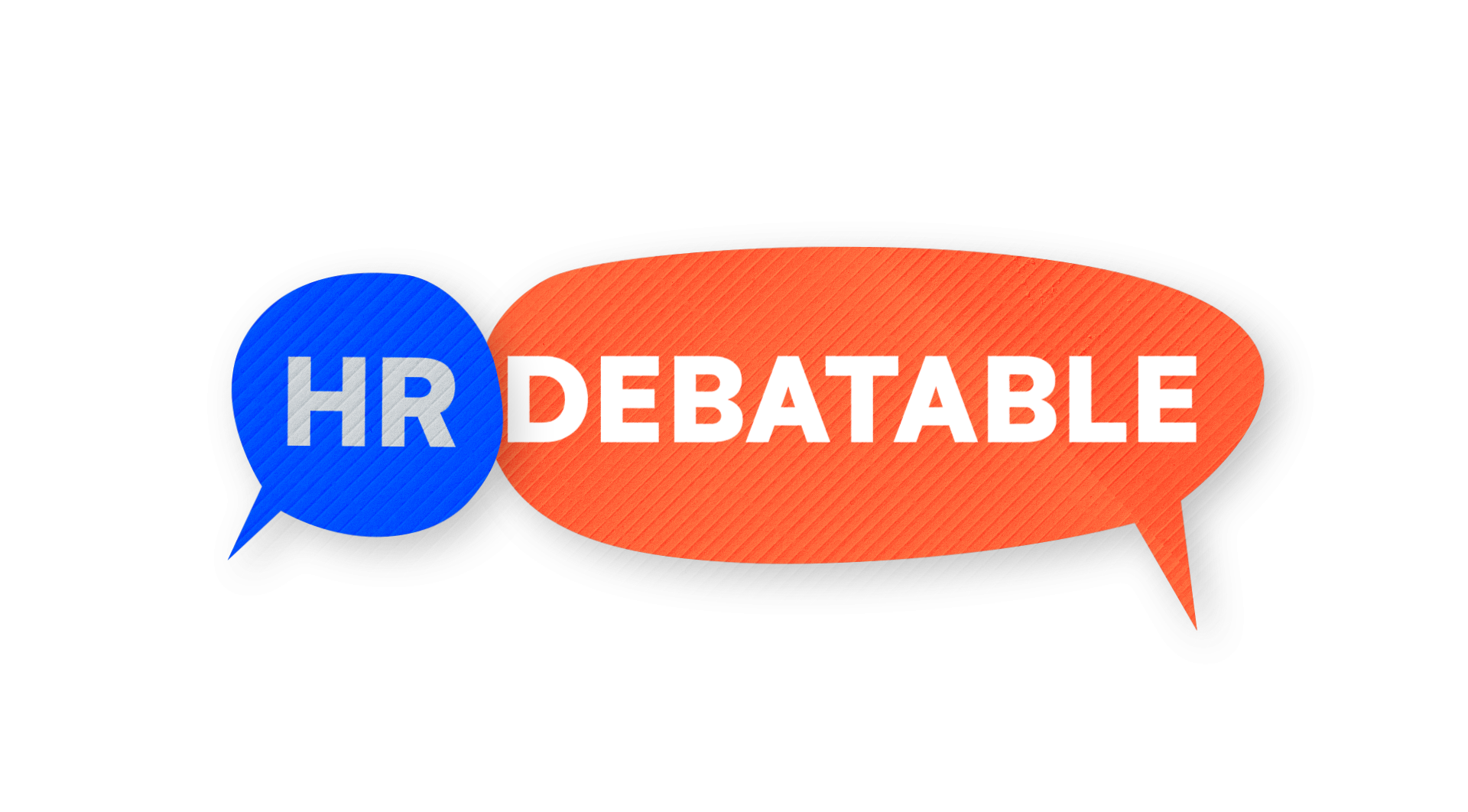Join session
HR TOO BUSY TO UPSKILL?
Presented by
Description
Research from BCG has found that HR is one of the highly disrupted industries in terms of skills. That means that HR roles and the skills they require have changed rapidly and significantly, and will continue to do so in the foreseeable future.
According to the Academy to Innovate HR, only 41% of HR professionals are able to improve efficiency and drive business value through skilled use of technology and data.
What’s more, about 40% of work-related skills will change by 2025, and 85% of organizations have picked up the pace of their digitization since the start of the pandemic. It is clear that a lot (more) is already expected of HR compared to a few years ago.
Because of the accelerated needs of the business, as well as HR’s central role in upskilling the workforce and supporting the business through these changes, HR needs to change first. And this means that HR professionals need to upskill in order to drive that change.
Changes such as digitalizing and automating administrative processes, creating new HR operating models, and boosting employee experience, for instance.
Upskilling thus seems to be imperative. But how can HR practitioners make it happen given their already overbooked agendas? Is it realistic to ask HR teams to develop an arsenal of new, much-needed future skills? And if the only option would be to carve out time - and therefore take time away from other projects - would organizations then be willing to pay the proverbial price for that in order for their HR teams to gain new skills?
Food for thought - and for an interesting debate, here’s our final statement:


